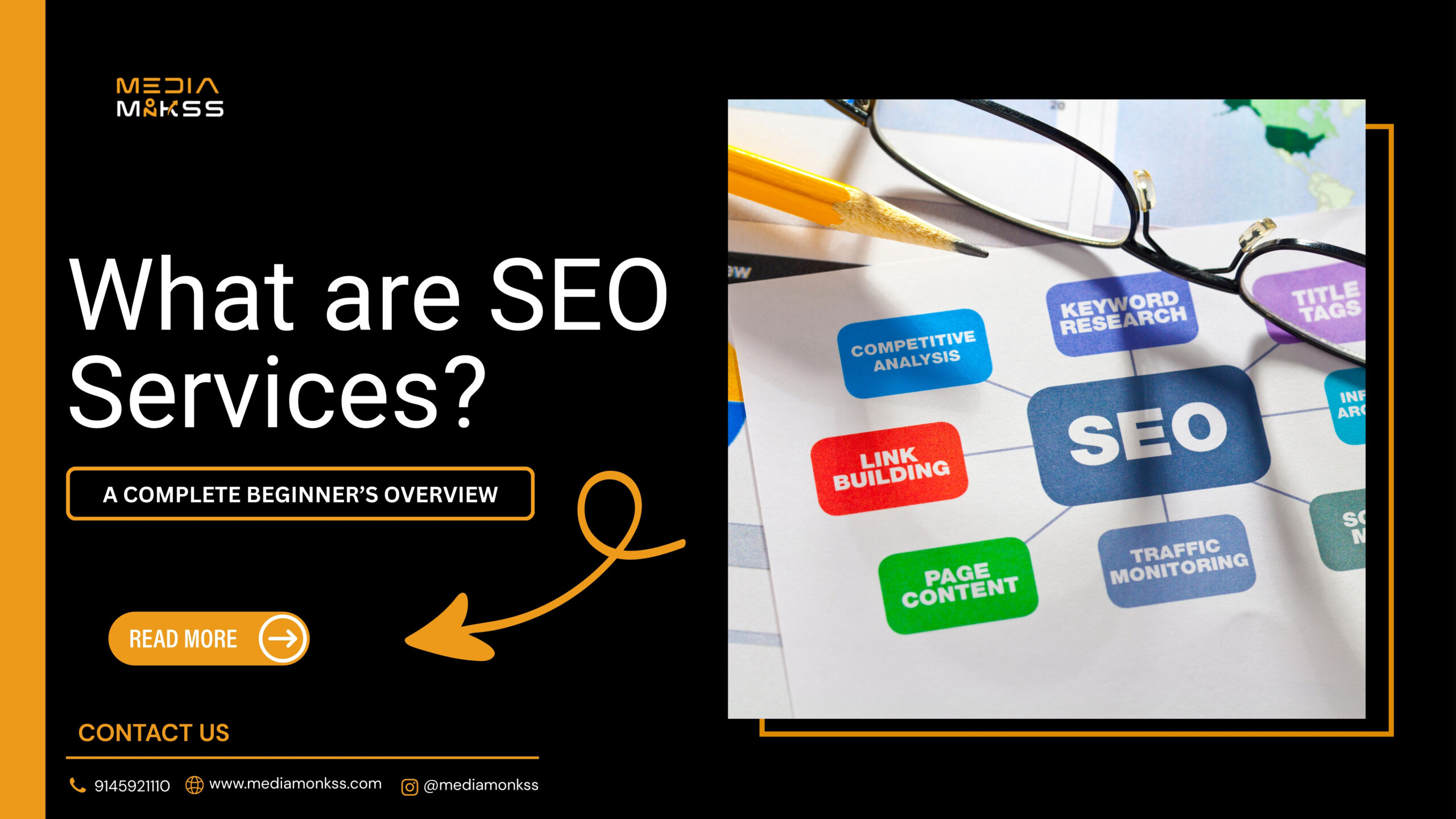When it comes to Search Engine Optimization (SEO), two key strategies come into play: On-Page SEO and Off-Page SEO. Both are essential for improving your website’s visibility, attracting organic traffic, and achieving higher search engine rankings. In this article, we will explore the differences between On-Page and Off-Page SEO, highlighting the importance of each strategy and how professional SEO services can help you optimize both aspects to maximize your online presence.
On-Page SEO
itself. It focuses on improving various elements on individual web pages to enhance their search engine rankings. Here are some key aspects of On-Page SEO:
- Keyword Optimization: On-Page SEO involves identifying relevant keywords and strategically incorporating them into your website’s content, meta tags, headings, and URL structure. Keyword research and optimization help search engines understand the relevance of your web pages for specific search queries.
- Content Quality and Relevance: High-quality, relevant content is crucial for On-Page SEO. Creating valuable, informative, and engaging content not only helps attract and retain users but also improves search engine rankings. Well-structured and optimized content ensures that search engines can properly crawl and index your web pages.
- HTML Tags: On-Page SEO focuses on optimizing HTML tags such as title tags, meta descriptions, and heading tags (H1, H2, etc.). These tags provide valuable information to search engines, helping them understand the content and relevance of your web pages. Optimizing these tags improves visibility in search engine results and enhances click-through rates.
- Internal Linking: Internal links within your website help search engines navigate and understand the structure of your content. Properly interlinking related pages improves user experience and distributes link authority throughout your website. Internal linking can also help users discover relevant content and improve overall website engagement.
Off-Page SEO
Off-Page SEO focuses on external factors that influence your website’s visibility and authority on the internet. It involves optimizing elements outside your website to improve its credibility and reputation. Here are key aspects of Off-Page SEO:
- Backlink Building: Off-Page SEO heavily relies on acquiring high-quality backlinks from other reputable websites. Backlinks act as votes of confidence for your website, indicating to search engines that your content is valuable and trustworthy. Strategic link building through outreach, guest blogging, and content promotion helps improve your website’s authority and search engine rankings.
- Social Media Engagement: Social media signals, such as likes, shares, and comments, indirectly influence search engine rankings. Active engagement on social media platforms helps increase brand visibility, drive traffic, and generate social signals. Sharing valuable content and building a strong social media presence can positively impact your Off-Page SEO efforts.
- Online Reputation Management: Off-Page SEO involves monitoring and managing your online reputation. Positive online reviews, ratings, and mentions help build trust and credibility for your website. Engaging with customers, addressing their concerns, and managing your brand’s online presence contribute to a positive reputation, which, in turn, enhances your search engine visibility.
- Brand Mentions: When your brand or website is mentioned on other reputable websites without necessarily linking back to your site, it still contributes to Off-Page SEO. These brand mentions help search engines recognize your authority and credibility, improving your website’s visibility in search results.
In summary, On-Page SEO and Off-Page SEO are two essential components of a comprehensive SEO strategy. On-Page SEO focuses on optimizing elements within your website, such as content, keywords, and HTML tags, to improve search engine rankings. Off-Page SEO, on the other hand, emphasizes external factors like backlink building, social media engagement, and online reputation management, to enhance your website’s authority and credibility.
To achieve the best results, it’s crucial to implement a balanced approach that combines both On-Page and Off-Page SEO techniques. Professional SEO services can provide the expertise and knowledge to optimize your website effectively, ensuring that all aspects of SEO are meticulously addressed to maximize your online visibility and drive organic traffic.






